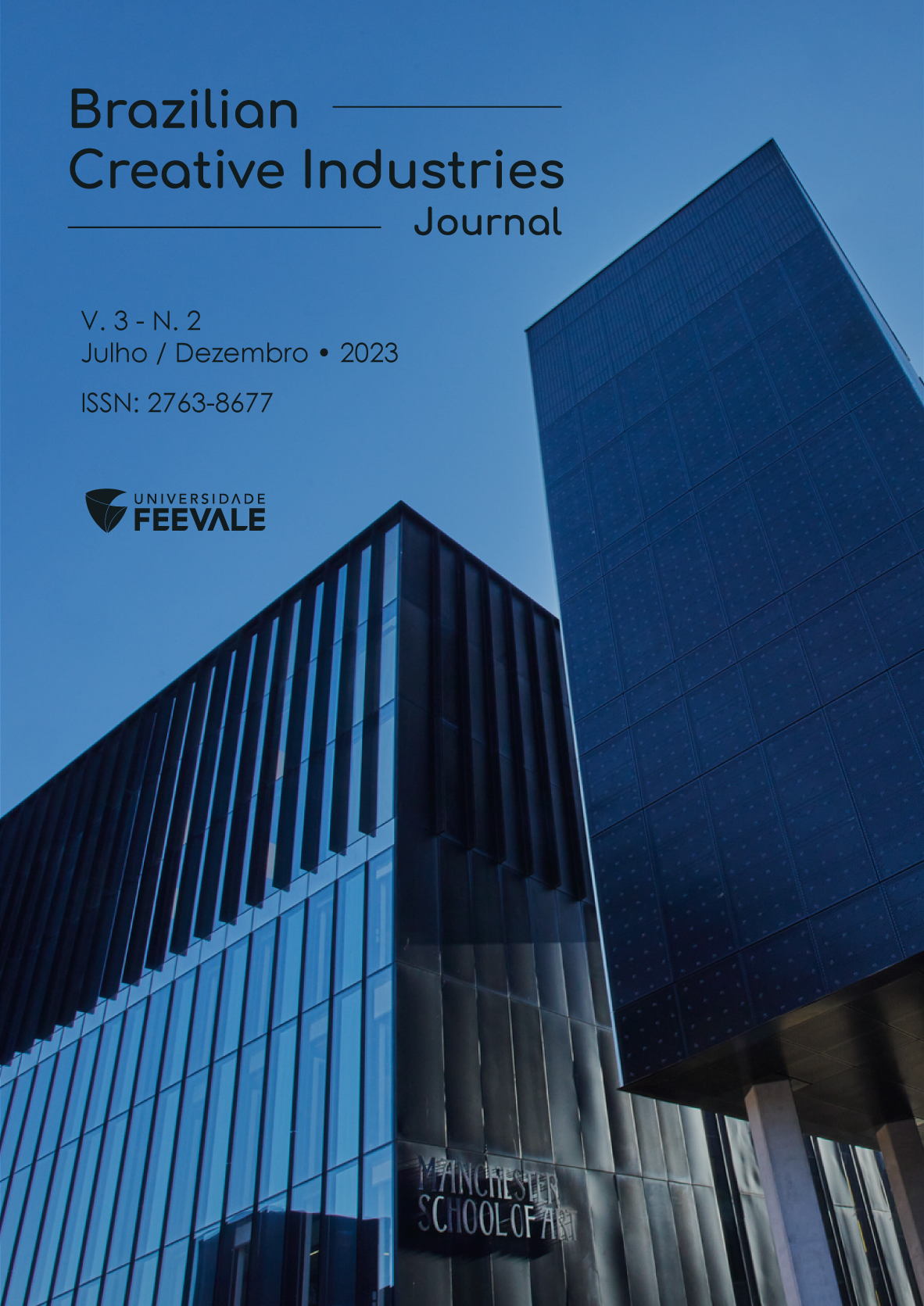SOCIAL CAPITAL IN KNOWLEDGE MANAGEMENT SYSTEMS FOR THE CREATIVE INDUSTRY SECTOR
DOI:
https://doi.org/10.25112/bcij.v3i2.3484Palavras-chave:
Creative Industry, Knowledge management, Social capital, Iran's Cultural sectorResumo
The primary aim of this scholarly article is to examine the significance of social capital within the context of knowledge management systems (KMS) in the creative industry literature. The research adopts a comprehensive approach by employing both conceptual and literature analysis and empirical quantitative and qualitative investigations for validation purposes. According to existing literature, KMS is an essential organizational process and tool for acquiring, converting, applying, and safeguarding knowledge from internal and external sources, facilitating its utilization, development, and effective management.
The findings of this study reveal that specific organizations acquire knowledge primarily through internal research and development (R&D) processes. However, in contrast, the creative industry heavily relies on knowledge stemming from social capital, including the social environment and community interactions. This social capital plays a pivotal role in providing the necessary knowledge required for the existence of the creative industry and its ability to generate innovative products that reflect the prevailing social context within which it operates. To analyze and classify prior research on the role of social capital for KMS in the creative industry, this study utilizes a meta-analysis as a robust analytical tool, building upon earlier works that have served as foundational pieces for this investigation.
Previous research in the creative industry has demonstrated that knowledge acquisition within this domain results from a synergistic interplay between tacit knowledge and explicit knowledge obtained through diverse creative classes conducted within the industry. As a renewable resource-driven sector, the creative industry capitalizes on creativity, skill, and talent as valuable assets that can be leveraged for wealth generation, not only for significant enterprises but also for micro, small, and medium economies (UMKM), often orchestrated by local communities. This endeavor aims to stimulate employment opportunities by strategically exploiting intellectual property. Consequently, the creative industry can be regarded as a knowledge-based sector, necessitating the adept implementation of Knowledge Management Systems (KMS) in its operational framework.
Downloads
Publicado
Como Citar
Edição
Seção
Licença
Copyright (c) 2023 Amin Khaksar

Este trabalho está licenciado sob uma licença Creative Commons Attribution 4.0 International License.


